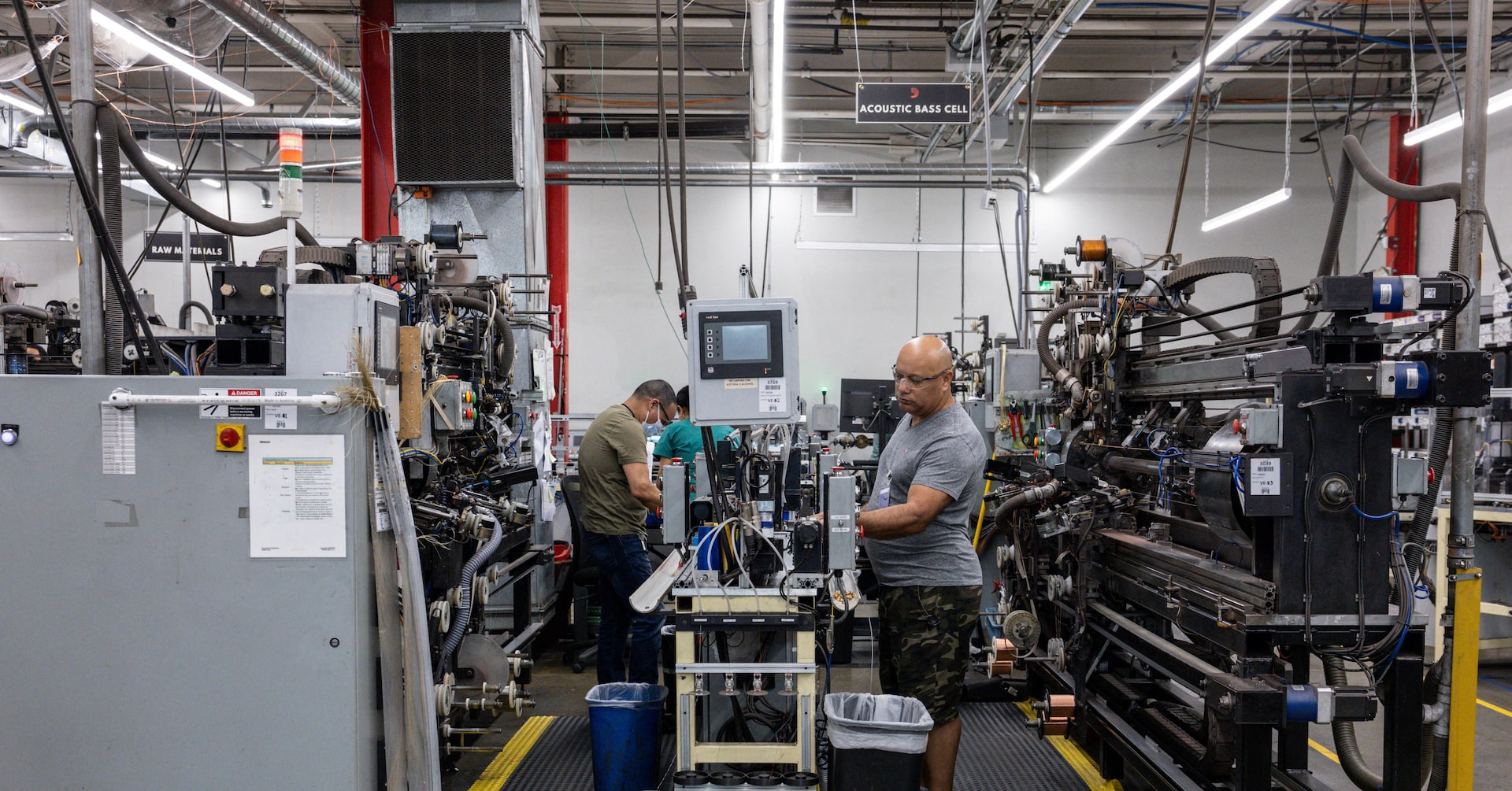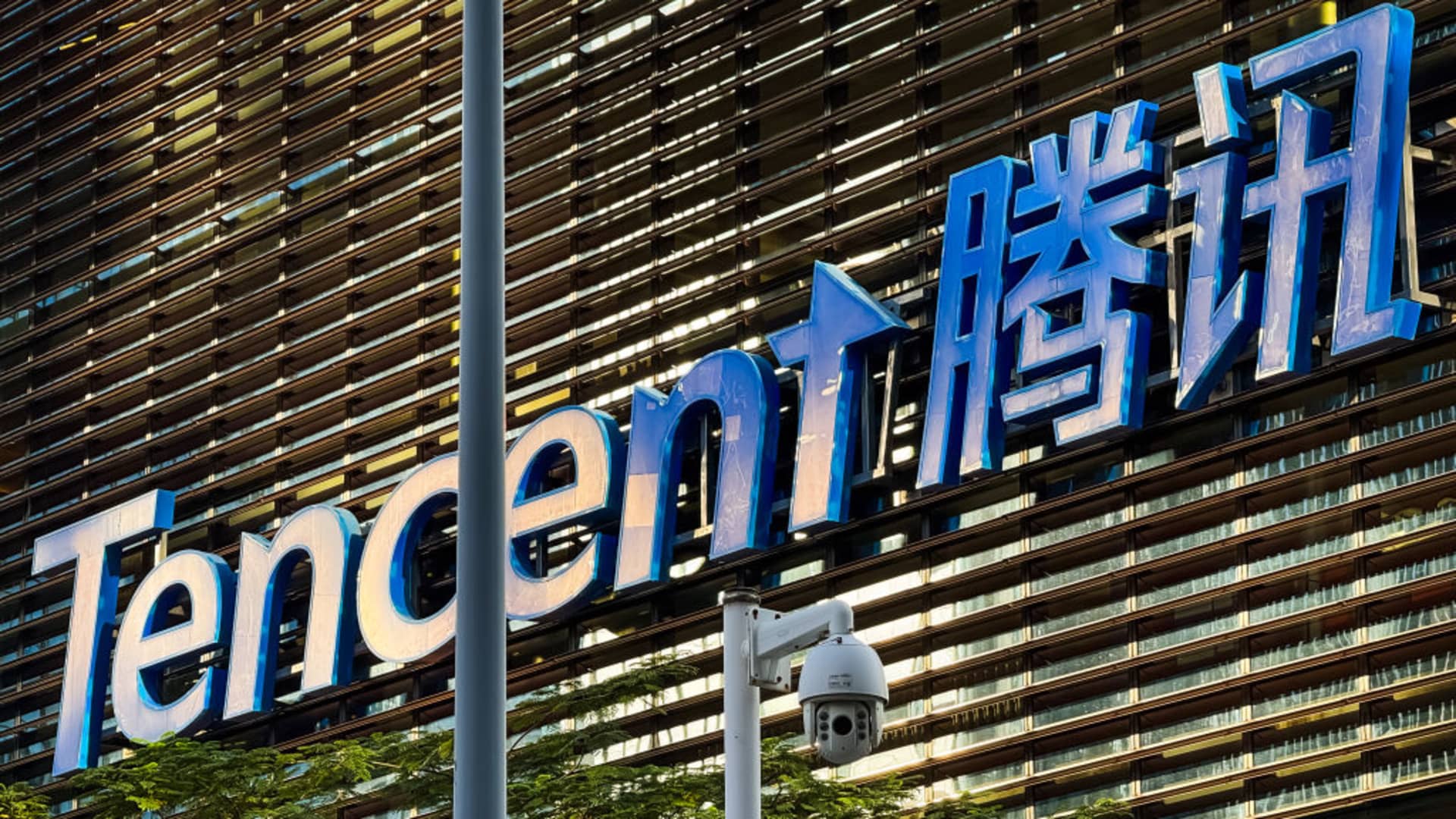Key events
One banker has told the Financial Times that it is a surprise that BHP had returned to the fray only to give up its chase for Anglo so quickly, saying:
“I thought they’d come back and finish it. To come back and not to finish it is quite amazing.”
Introduction: BHP walks away from fresh Anglo American tie-up
Good morning, and welcome to our rolling coverage of business, the financial markets and the world economy.
A mega-merger deal in the mining sector has briefly burst back into life, before being dampened down.
Last night, news broke that mining group BHP had made a new takeover approach to Anglo American, over a year after its previous wooing was rejected. This fresh burst of enthusiasm threatened to disrupt Anglo’s plans to merge with Canadian rival Teck Resources, to create a £39bn global copper group, which has yet to be approved by shareholders.
BHP, it was reported, was proposing a deal based on a mix of cash and stock to Anglo.
But BHP’s new overtures appear to have been batted aside by Anglo, as it has now told shareholders:
“Following preliminary discussions with the board of Anglo American, BHP confirms that it is no longer considering a combination of the two companies.”
BHP insists that a deal would make sense, before then arguing that it can cope fine with Anglo, saying:
Whilst BHP continues to believe that a combination with Anglo American would have had strong strategic merits and created significant value for all stakeholders, BHP is confident in the highly compelling potential of its own organic growth strategy.
Under City rules, BHP is now blocked from bidding for Anglo for six months, unless there is a change in circumstances.
Back in 2024, BHP made three failed attempted to agree a merger with Anglo, before declaring in October that it had ‘moved on’.
Given last year’s rebuttal, and Anglo’s subsequent tie-up with Teck, BHP’s move is a little surprising.
As portfolio manager Andy Forster at Argo Investments in Sydney put it:
It’s a last throw of the dice for BHP.
I’m a bit surprised that, given the relative performance that they thought they’re in a position to come back and do another deal and extract value for shareholders.”









